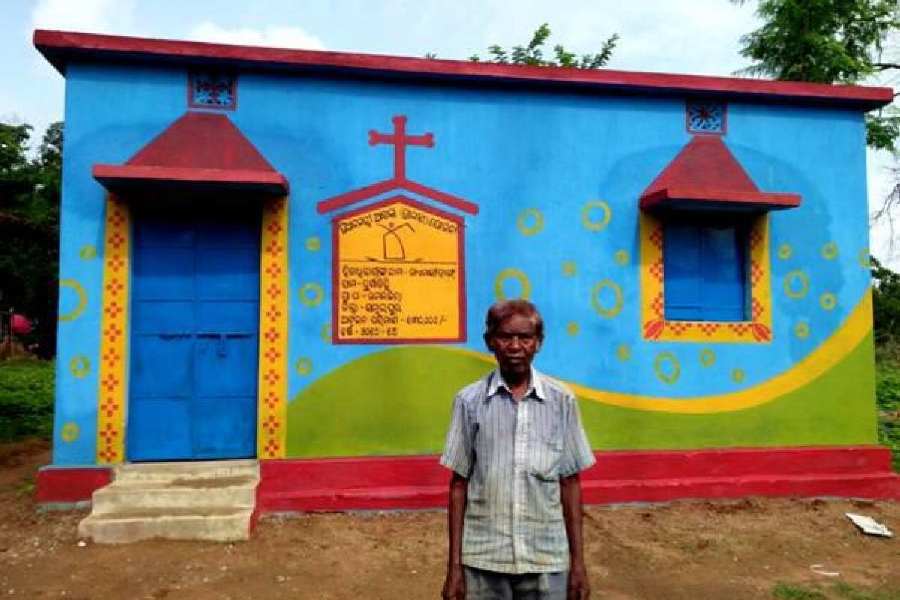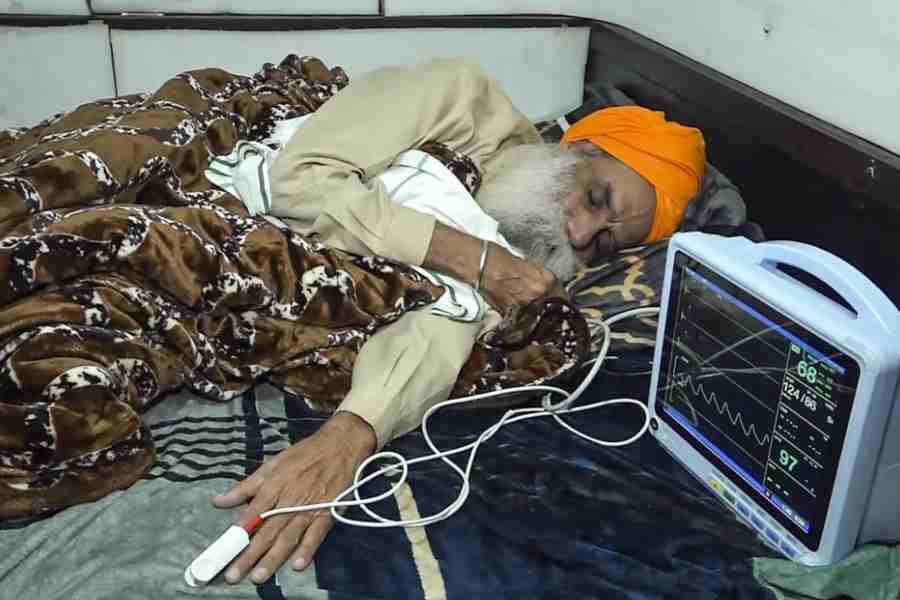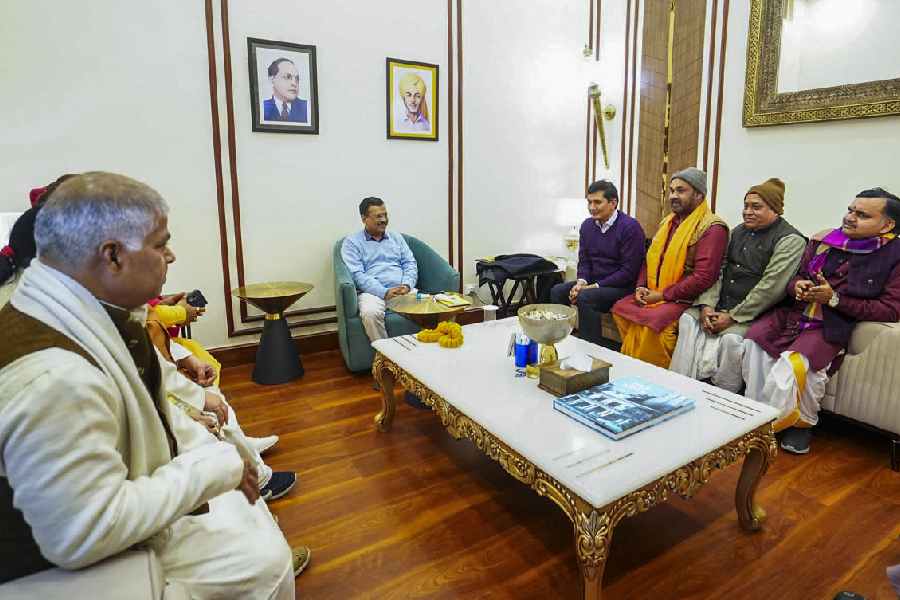The Centre has decided to make Aadhaar-based Payment System (ABPS) mandatory for the new beneficiaries of the Pradhan Mantri Awas Yojana-Gramin (PMAY-G), a move that has been decried by social activists who fear it will complicate the process for the poor.
Last month, the Union cabinet had approved the rural development ministry's proposal for the implementation of PMAY-G from 2024-25 to 2028-29 to construct two crore more houses in rural areas.
The cabinet also took two key decisions with regard to the scheme — to make the requirement of ABPS mandatory for beneficiaries and not to enhance the amount per unit from ₹1.2 lakh in plain areas and ₹1.3 lakh in hilly areas.
At present, the amount is sent to the bank accounts provided by the beneficiary.
The rural development ministry has already made ABPS mandatory for workers under the Mahatma Gandhi National Rural Employment Guarantee Act (MGNREGA), triggering complaints of difficulty in compliance.
To comply with the ABPS, a person’s Aadhaar number must be seeded with his bank account and linked to the bank’s institutional identification number in a database created by the National Payment Corporation of India. This process is done by the banks.
The government had a target to construct 2.95 crore houses by March 2024 under PMAY-G. About 30 lakh houses, including 12 lakh in Bengal, are yet to be completed. The government has an existing wait list of about 1.4 crore families, according to the 2018 Awaas Plus Survey. The government will write to the states to conduct a fresh survey to identify additional eligible households.
However, the ABPS requirement may create problems for the poor, said Dipa Sinha, a researcher associated with the Right to Food campaign and a social activist.
"For ABPS, the beneficiary has to seed Aadhaar with a bank account and link it with his application," Sinha said.
"While doing so, the poor people face several problems like sometimes there may be some spelling mismatch in their name or address in their bank account and Aadhaar or in age. Fingerprints of people also do not match at times. They have to update their Aadhaar data. That is another process. All these involve monetary costs and people are needed to visit the bank several times," she said.
She said the government has already made it mandatory for the beneficiaries of subsidised food assistance under the National Food Security Act (NFSA) to complete e-KYC (Know Your Customer) formality at the ration shops where they are registered.
"Migrant workers are going back to their states to complete their e-KYC to continue their benefit under the NFSA. Many are facing problems with mismatches in Aadhaar authentication. Sometimes they have to spend two weeks to complete the formality while risking their job in the other city," Sinha said.










